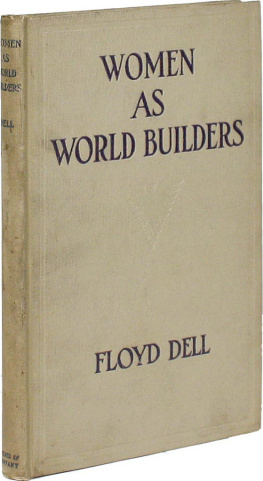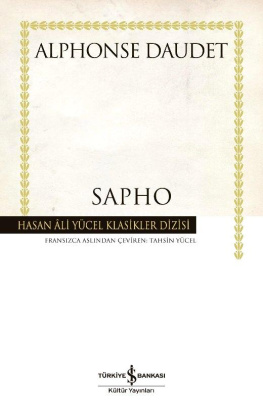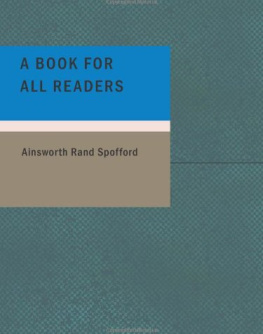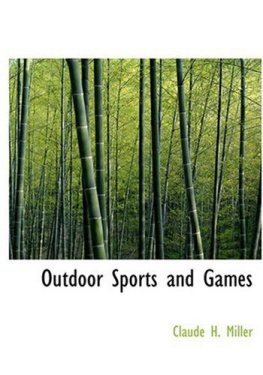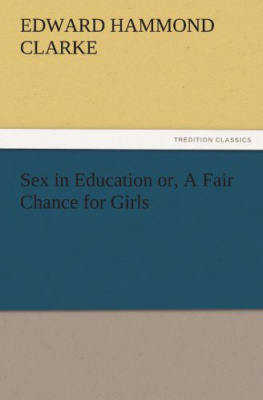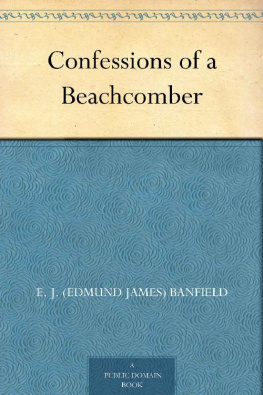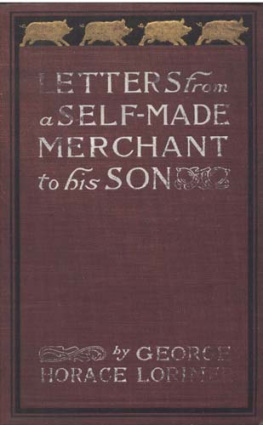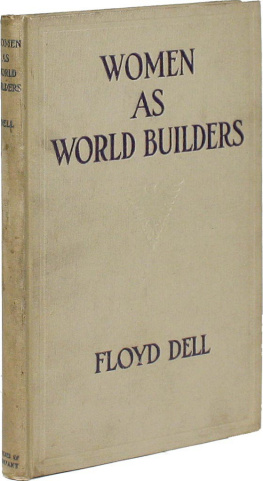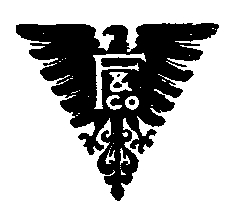The Project Gutenberg EBook of Women as World Builders, by Floyd Dell
This eBook is for the use of anyone anywhere at no cost and with
almost no restrictions whatsoever. You may copy it, give it away or
re-use it under the terms of the Project Gutenberg License included
with this eBook or online at www.gutenberg.org
Title: Women as World Builders
Studies in Modern Feminism
Author: Floyd Dell
Release Date: August 30, 2010 [EBook #33584]
Language: English
*** START OF THIS PROJECT GUTENBERG EBOOK WOMEN AS WORLD BUILDERS ***
Produced by Eleni, Suzanne Shell and the Online Distributed
Proofreading Team at http://www.pgdp.net (This file was
produced from images generously made available by The
Internet Archive/American Libraries.)
WOMEN AS WORLD BUILDERS
Women
as
World Builders
Studies in
Modern Feminism
BY
FLOYD DELL
CHICAGO
FORBES AND COMPANY
1913
COPYRIGHT, 1913, BY
FORBES AND COMPANY
CONTENTS
| CHAPTER | PAGE |
| I The Feminist Movement |
| II Charlotte Perkins Gilman |
| III Emmeline Pankhurst and Jane Addams |
| IV Olive Schreiner and Isadora Duncan |
| V Beatrice Webb and Emma Goldman |
| VI Margaret Dreier Robins |
| VII Ellen Key |
| VIII Freewomen and Dora Marsden |
Women as World Builders
CHAPTER I
THE FEMINIST MOVEMENT
The feminist movement can be dealt with in two ways: it can be treated as a sociological abstraction, and discussed at length in heavy monographs; or it can be taken as the sum of the action of a lot of women, and taken account of in the lives of individual women. The latter way would be called "journalistic," had not the late William James used it in his "Varieties of Religious Experience." It is a method which preserves the individual flavor, the personal tone and color, which, after all, are the life of any movement. It is, therefore, the method I have chosen for this book.
The ten women whom I have chosen are representative: they give the quality of the woman's movement of today. Charlotte Perkins GilmanJane AddamsEmmeline PankhurstOlive SchreinerIsadora DuncanBeatrice WebbEmma GoldmanMargaret Dreier RobinsEllen Key: surely in these women, [see also the chapter "Freewomen and Dora Marsden."] if anywhere, is to be found the soul of modern feminism!
One may inquire why certain other names are not included. There is Maria Montessori, for instance. Her ideas on the education of children are of the utmost importance, and their difference from those of Froebel is another illustration of the difference between the practical minds of women and the idealistic minds of men. But Madame Montessori's relation to the feminist movement is, after all, ancillary. A tremendous lot remains to be done in the way of cooperation for the management of households and the education of children before women who are wives and mothers will be set free to take their part in the work of the outside world. But it is the setting of mothers free, and not the specific kind of education which their children are to receive, which is of interest to us here.
Again, one may inquire why, since I have not blinked the fact that the feminist movement is making for a revolution of values in sexwhy I have not included any woman who has distinguished herself by defying antiquated conventions which are supposed to rule the relations of the sexes. This requires a serious answer. The adjustment of one's social and personal relations, so far as may be, to accord with one's own convictionsthat is not feminism, in my opinion: it is only common sense. The attempt to discover how far social laws and traditions must be changed to accord with the new position of women in societythat is a different thing, and I have dealt with it in the paper on Ellen Key.
Another reason is my belief that it is with woman as producer that we are concerned in a study of feminism, rather than with woman as lover. The woman who finds her work will find her loveand I do not doubt will cherish it bravely. But the woman who sets her love above everything else I would gently dismiss from our present consideration as belonging to the courtesan type.
It is not very well understood what the courtesan really is, and so I pause to describe her briefly. It is not necessary to transgress certain moral customs to be a courtesan; on the other hand, the term may accurately be applied to women of irreproachable morals. There are some women who find their destiny in the bearing and rearing of children, others who demand independent work like men, and still others who make a career of charming, stimulating, and comforting men. These types, of course, merge and combine; and then there is that vast class of women who belong to none of these typeswho are not good for anything!
The first of these types may be called the mother type, the second the worker type, and the thirdthe kind of women which is not drawn either to motherhood or to work, but which is greatly attracted to men and which possesses special qualities of sympathy, stimulus, and charm, and is content with the more or less disinterested exercise of these qualitiesthis may without prejudice be called the courtesan type. It will be seen that the courtesan qualities may find play as well within legal marriage as without, and that the transgression of certain moral customs is only incidental to the type. Where circumstances encourage it, and where the moral tradition is weakened by experience or temperament, the moral customs will be transgressed: but it is the human qualities of companionship, and not the economic basis of that companionship, which is the essential thing.
When a girl with such qualities marries, and she usually marries, much depends upon the character of her husband. If her husband appreciates her, if he does not expect her to give up her career of charming straightway, and restrict herself to cooking, sewing, and the incubating of babies; and, furthermore, if he does not baffle those qualities in his wife by sheer failure in his own career, then there is a happy and virtuous marriage. Otherwise, there is separation or divorce, and the woman sometimes becomes the companion of another man without the sanction of law. But she has been, it will be perceived, a courtesan all along. And while I do not wish to seem to deprecate her comfortable qualities, she does not come in the scope of this inquiry.
But there is another figure which I wish I had been able to include. Not wishing to involve my publisher in a libel suit, I refrain. She is the young woman of the leisure class, whose actions, as represented to us in the yellow journals, shock or divert us, according to our temperaments. I confess to having the greatest sympathy for her, and in her endeavor to create a livelier, a more hilarious and human morale, she is doing, I feel, a real service to the cause of women. Our American pseudo-aristocracy is capable to teach us, despite its fantastic excesses, how to play. And emancipation from middle-class standards of taste, morality, and intellect is, so far as it goes, a good thing. "Too many cocktails," a lady averred to me the other day, "is better than smugness; risque conversation far better than none at all." And that celebrated "public-be-damned" attitude of the pseudo-aristocracy is a great moral improvement over the cowardly, hysterical fear of the neighbors which prevails in the middle class.

